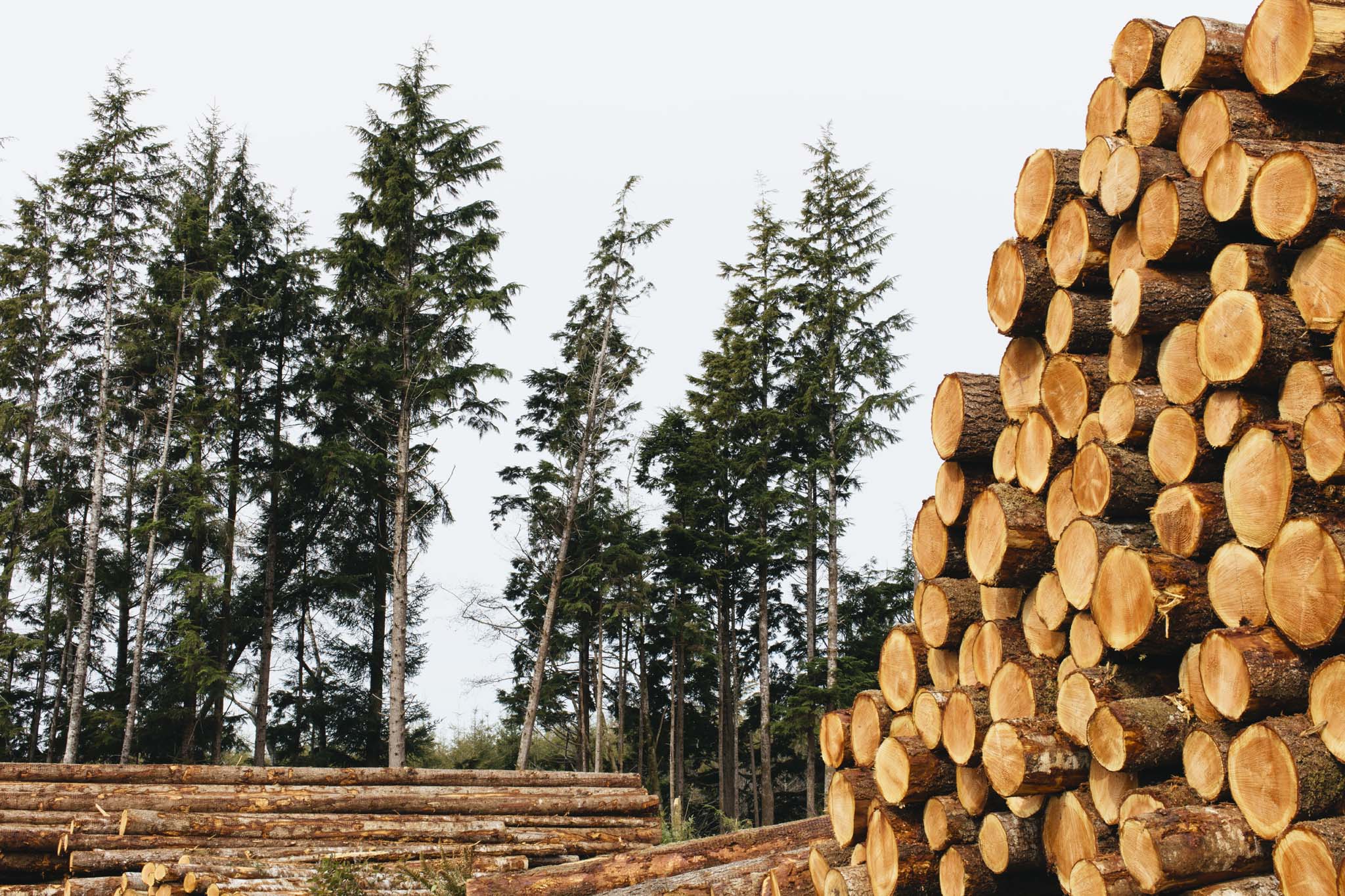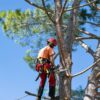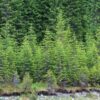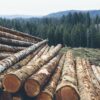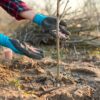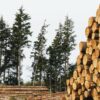Monthly Report - August 2024
August has largely been a steady as she goes month. Both domestic and export log sales segments have remained stable to slightly weak.
Demand in the NZ new house construction sector is very much off the boil with some of our largest sawmills announcing a range of slow down measures. These include reduced operating hours, no-go days and no-go weeks. In the North Island particularly, this is resulting in more logs heading to ports, just when they are not really needed.
Demand in China has been weak albeit not alarmingly so for this time of year. Daily usage has been averaging 47,000 cubic metres across the eastern seaboard. During July and up to mid-August, log supply ex NZ and the Pacific North West particularly, has yet again been slightly ahead of demand.
Overall Ports inventory has increase by about 100,000 to around 3.7mill m3. This would normally be seen to be of minor moment, but when sentiment is negative, the talk is of downward price pressure. All eyes are on the demand profile as China construction activity awakens from what has been a very tough winter in most Provinces.
Log sales prices have been stable in the domestic segment. Sawmill owners will be aware any log price reductions would likely see the supply umbilical have a torniquet applied to their potential detriment, so despite a reducing log intake, I am not aware of any downward price pressure.
For export logs, wharf gate prices eased slightly in August as the sales prices in China came off US$2 – 3 per m3. Erstwhile, shipping and FOREX remained largely stable.
In a normal market, NZ$3 – 4 per m3 off the wharf gate price would hardly have caused a ripple.
But with prices already toward the low side, for harvest operations over 80km from a port particularly, a small reduction has the forest owner finger heading toward the “lets stop” button.
As reported last month, China remains fragile. Domestic prices have remained very stable in most regions, but the overall sentiment is pessimistic. Demand as above at 47,000m3 per day compares with 60,000 at the same time last year. This is also attracting negative commentary.
The challenge here for NZ forestry Inc remains unchanged. If we matched demand with supply we would protect your price, something NZ exporters do not do well.
At the current China sales price of US$118 per m3 A grade basis, this compares with US$115 at the same time last year. The significant lesser wharf gate price at present is entirely due to shipping costs, which are on average US$10per m3 higher than last year. In August 23, A grade logs delivered to wharf were $106 per m3, this year $95. For many forest owners, that will mean the gate will remain locked until things improve
India is emerging with a higher demand profile with several companies vigorously chasing volume in NZ offering better returns than China. India has consistently been a 4 – 5 log vessel per month destination from all sources which in the last 12 months has rarely included NZ. Most commentators are suggesting 10 vessels per month is in our near future with buyers keen to access the higher quality Radiata pine from NZ.
For those of us long enough in the tooth but with reasonable memory retention, India has been a problematic country to deal with. All sorts of stories abound of fraudulence, problematic LC’s, a couple of Houdini’s, and buyers trying to renege on contracts with significant discounts having to be in the mix to reach settlements.
If that chequered history can be turned around with consistently good, non-problematic trade at good prices levels, there can be no reason why India cannot be a significant and expanding market for our wonderful Radiata pine logs.
A further key challenge for India includes infrastructure with limited ports access for larger break bulk vessels. At present, Kandla on the west side is the only one taking NZ break bulk logs. Given this is such a massive country with a growing population and economy, it is one we should be putting some time into to ensure continuing market growth.
As always, please remember the thoroughly important message, “despite the challenges, it remains, as always, fundamentally important, the only way forward for climate, country and the planet, is to get out there and plant more trees”!
Allan Laurie.
Laurie Forestry.

